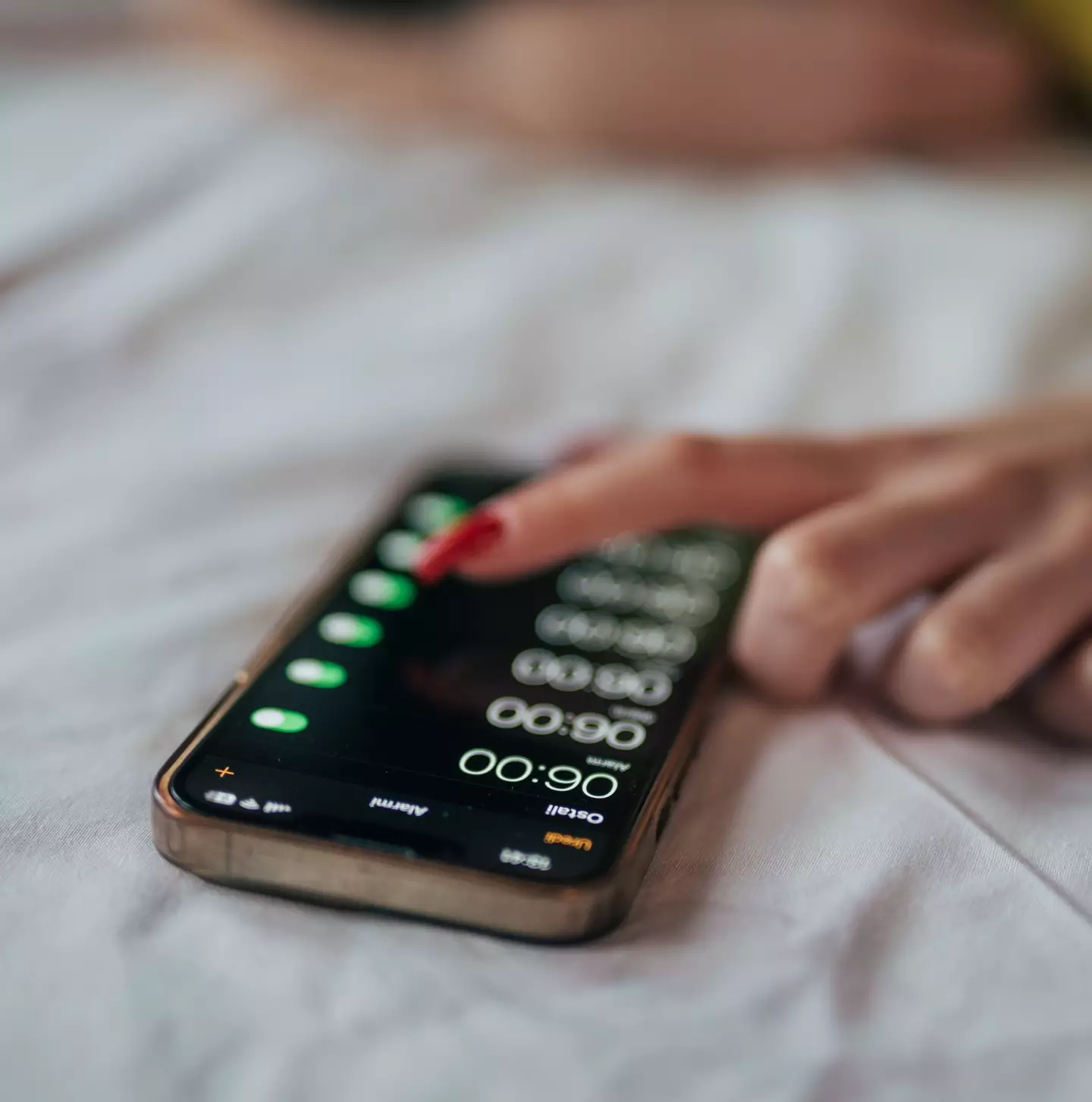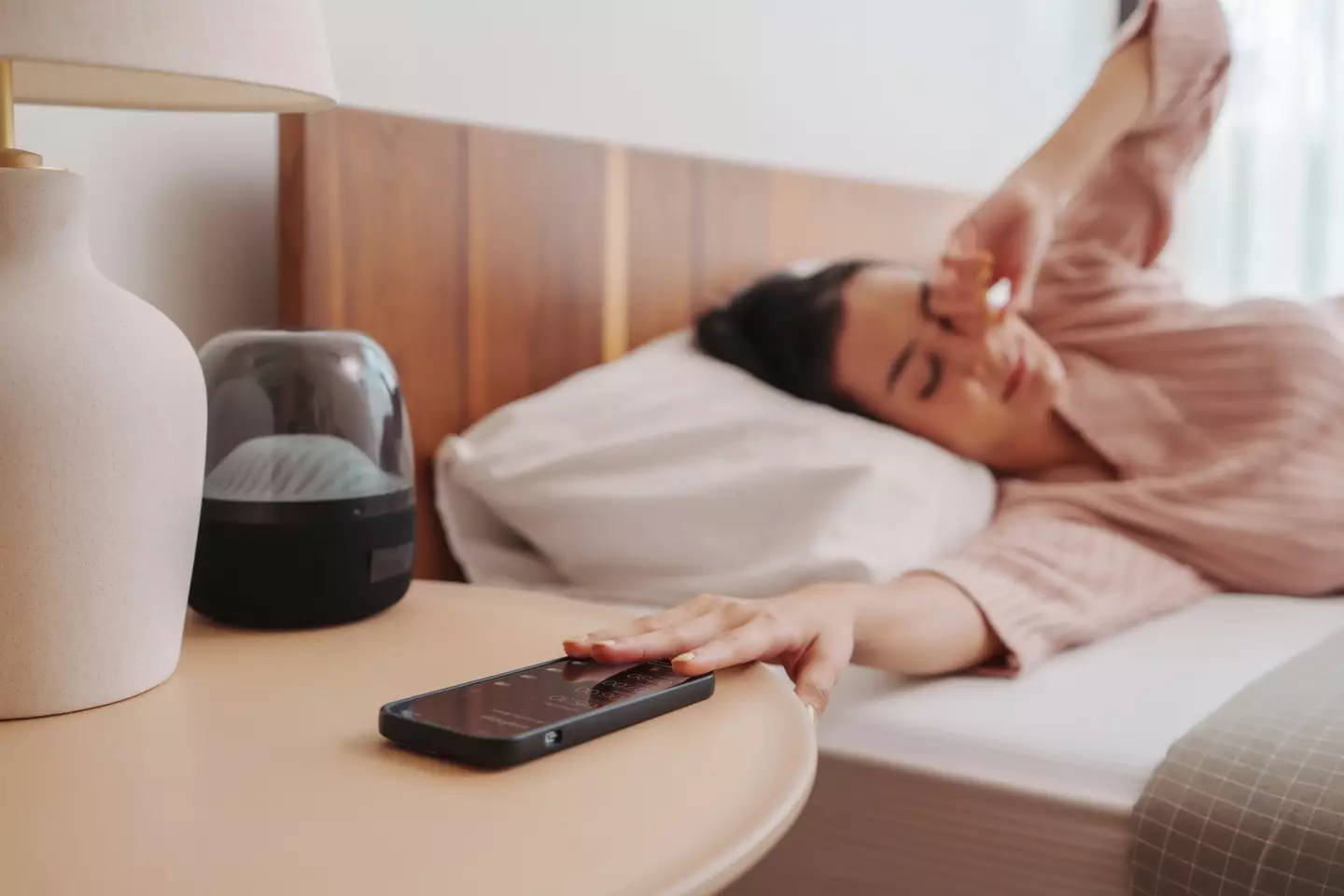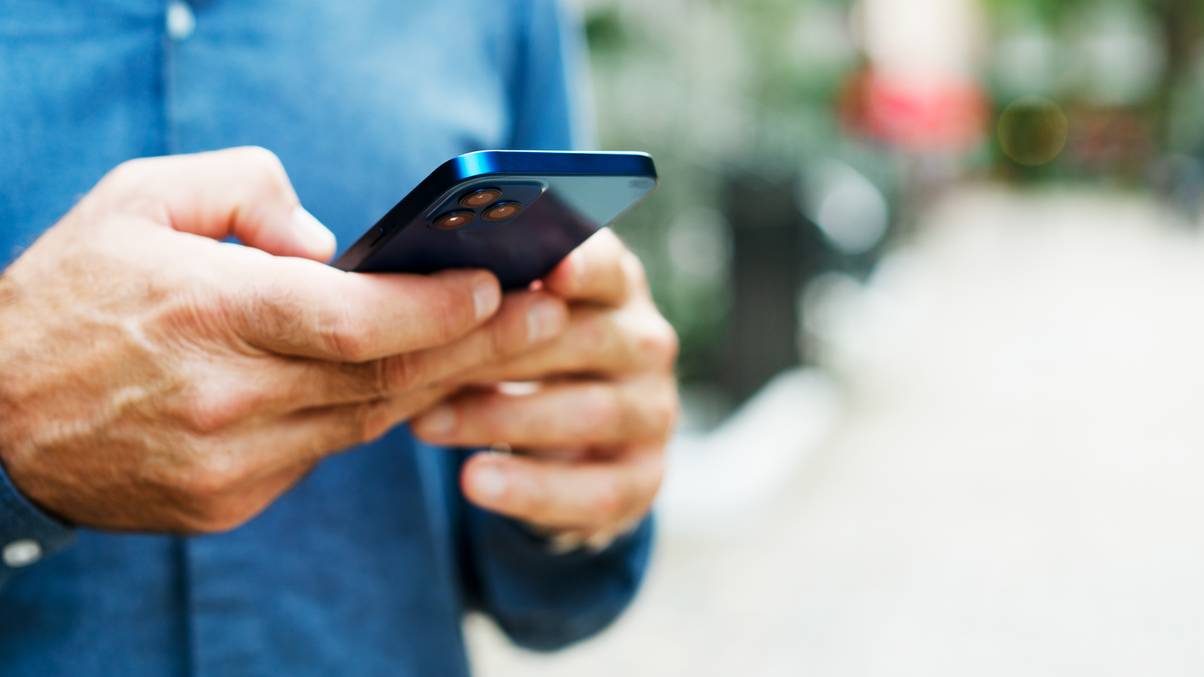“Uncovering the Surprising Secret Behind the iPhone’s 9-Minute Snooze: What Apple Isn’t Telling You!”
Ever wondered why, after hitting snooze on your alarm, it goes off in a maddening nine minutes instead of a nice, round ten? You’re not alone! Many of us relish those precious moments of drifting back to sleep, only to be jolted awake by a timer set to a vaguely satisfying—but oh-so-frustrating—nine minutes. This longstanding quirk grates on the nerves of sleep enthusiasts and clock aficionados alike. So, what’s the deal with this odd time increment? It turns out there’s a fascinating history behind it, rooted in the mechanics of early alarm clocks, and it’s a curious journey into the world of numbers and design choices. Get ready to uncover the answer that might just change how you view your morning routine! LEARN MORE
Many people like to set alarms because it helps them get up gradually rather than frantically rushing to get out of bed.
But one thing that’s ruined every alarm in the world once snoozed, is that it’ll go off nine minutes afterwards.
Not ten, nine.
Now, I don’t know about you but I cannot stand off numbers.
Why would anyone think of keeping it at such a frustrating level of numbers?
I’m looking at you, smartphone brands – specifically Apple‘s iPhone.
Well, it appears like we’ve finally got an answer to the long-awaited question.

Why does your alarm go off nine minutes after being snoozed? (Getty Stock Image)
Someone decided to post the query to Quora – a forum where people ask questions and experts share their answers.
A man called Phillip Remaker wrote: “Nine minutes has been the alarm clock industry standard forever. Nobody agrees on how it ended up at nine minutes, though there are no shortage of theories about it.
“Why does the alarm clock snooze button give you nine extra minutes, not ten?”
Good question, Phil.
Why is the iPhone snooze alarm set to nine minutes?
As it turns out, it might be down to the way in which analogue time works. Weird.
Apparently, as per commenters, clocks and watches back in the day had gears which would be pretty hard to snooze for ten minutes due to the tiny dials and hands.
So, if watchmakers aimed for ‘less than ten minutes’ they’d typically get nine instead.
Even though phones clearly don’t have all the same parts, makers still found it easier to just go with the norm.
Thus, leaving us all to get grumpy with the nine-minute snooze function.
One user claimed: “I believe it came from analogue clocks that used the rolling tumblers to show time.
“Most of the early designs only allowed setting the snooze until the dial rolled back to zero.

It’s all down to history (Getty Stock Image)
“Since the dial only had to go from zero to nine for telling time we ended up with a maximum snooze of nine min.
“Now with digital clocks its [sic] just a nostalgic artificial standard.”
However, another user wrote: “With the advent of computers and programmable timers you can, and should be able to, program a snooze duration of your own choosing and many do.
“You also have the ability to simply set multiple alarms of varying times and as many as you want so, in essence, you can set a snooze duration before going to sleep by using multiple alarms that you dismiss.”
Apple Explained, a YouTube channel also explained the same theory, stating: “This was a problem, since they [alarm clock makers] couldn’t adjust the clock’s gear teeth to line up perfectly for a ten-minute snooze.”
To be fair, if it annoys you that much you can just download an app to be your alarm instead and you’ll never have to get up a minute earlier ever again.
Now, that sounds like a great way of living.
Or you could work on your circadian rhythm and train your body to wake up right as you need to be up and out of the door.
You’ve got options here.
LADbible has contacted Apple for comment.











